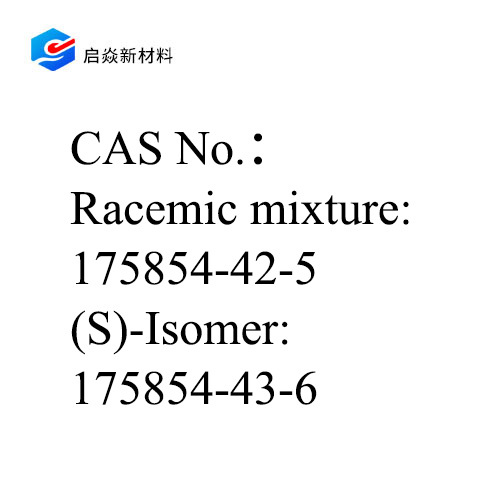
Silicon carbide
Silicon carbide is an inorganic compound
- Commodity name: Silicon carbide
Keywords:
Silicon carbide is an inorganic compound with the chemical formula SiC. It is produced by high-temperature smelting in a resistance furnace using raw materials such as quartz sand, petroleum coke (or coal coke), and wood chips (salt is added when producing green silicon carbide). Silicon carbide also exists in nature as a rare mineral, moissanite. Among non-oxide high-tech refractory materials such as C, N, and B, silicon carbide is the most widely used and economical, and can be called carborundum or refractory sand. Industrially produced silicon carbide in China is divided into black silicon carbide and green silicon carbide, both of which are hexagonal crystals with a specific gravity of 3.20~3.25 and a microhardness of 2840~3320 kg/mm².
Other names: Silicon carbide; Silicon monocarbide
Chemical formula: SiC
Molecular weight: 40.1
CAS Registry Number: 409-21-2
Melting point: 2700℃ (sublimation)
Water solubility: Insoluble
Density: 3.2 g/cm³
Appearance: Yellow to green, to blue to black crystals, depending on its purity.
Applications:
Silicon carbide has four major application areas:
1. Functional ceramics
2. Advanced refractory materials
3. Abrasives
4. Metallurgical raw materials
Product Inquiry
*Note: Please be sure to fill in the information accurately and keep the communication open. We will contact you as soon as possible.





